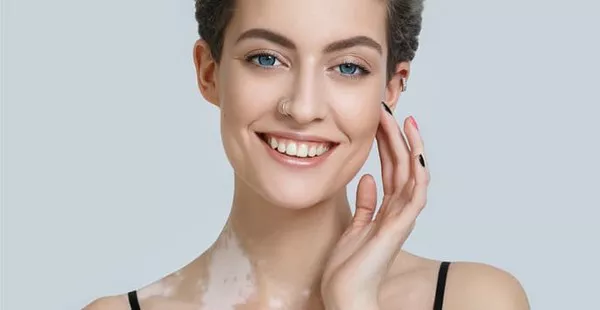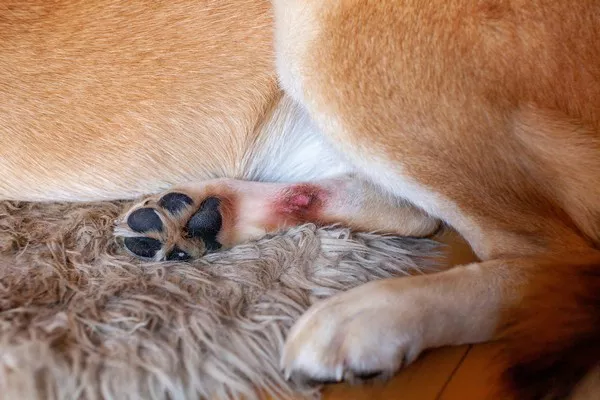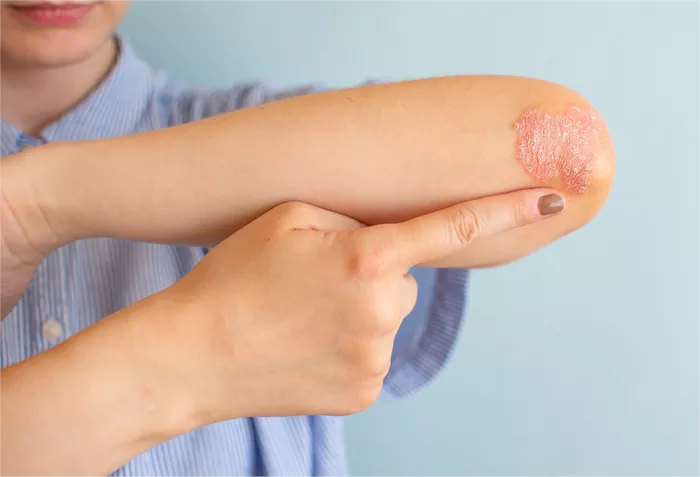Vitiligo, a long-term skin condition characterized by patches of skin losing their pigment, affects millions of people worldwide. This autoimmune disorder causes the destruction of melanocytes, the cells responsible for producing skin pigment, leading to white patches that can appear anywhere on the body. A common question among those affected is whether vitiligo can go away and then come back. Understanding the behavior of vitiligo involves delving into its causes, progression, treatment options, and the possibility of recurrence.
Understanding Vitiligo: Causes and Mechanisms
Vitiligo’s exact cause remains unknown, but it is widely believed to be an autoimmune disorder where the immune system mistakenly attacks the body’s melanocytes. Genetic factors also play a significant role, as vitiligo often runs in families. Environmental triggers such as stress, skin trauma, or exposure to certain chemicals may also contribute to the onset of the condition.
The progression of vitiligo is unpredictable. Some individuals may experience rapid pigment loss, while others see a slower progression. The course of vitiligo can vary greatly, with periods of stability followed by sudden changes.
Can Vitiligo Go Away?
There is no cure for vitiligo, but treatment can help restore some color to the affected skin. Spontaneous repigmentation, where pigment returns without treatment, can occur, although it is relatively rare. When repigmentation happens, it typically starts around hair follicles, as these contain melanocytes that can survive the immune system’s attack.
Several treatments aim to stimulate repigmentation:
1. Topical Corticosteroids: These are anti-inflammatory medications applied directly to the skin. They can help restore pigment in some cases, particularly when started early in the disease course.
2. Calcineurin Inhibitors: These immune-suppressing creams can be effective for repigmentation, especially in sensitive areas like the face and neck.
3. Phototherapy: Narrowband UVB phototherapy is a common treatment for vitiligo. It involves exposing the skin to specific wavelengths of light that can stimulate melanocyte activity and encourage pigment production.
4. Excimer Laser: This laser treatment targets small areas of vitiligo with concentrated UVB light, promoting repigmentation.
5. Surgical Options: In cases where other treatments have failed, surgical procedures like skin grafting or melanocyte transplants may be considered.
SEE ALSO: Is Vitiligo a Genetic Mutation?
Factors Influencing Repigmentation
The likelihood of repigmentation varies based on several factors:
- Age of Onset: Younger individuals tend to respond better to treatment.
- Location of Lesions: Areas like the face and neck have a higher likelihood of repigmentation compared to the hands and feet.
- Duration of Vitiligo: Longer-standing vitiligo is generally more challenging to treat.
- Extent of Depigmentation: Smaller, less extensive areas are more likely to repigment.
Can Vitiligo Come Back?
Yes, vitiligo can recur after treatment or a period of stability. The autoimmune nature of the disease means that the immune system can resume attacking melanocytes at any time, leading to new depigmented patches. Recurrence can occur even in areas that have previously undergone successful repigmentation.
Several factors can influence the recurrence of vitiligo:
1. Autoimmune Activity: Since vitiligo is an autoimmune condition, fluctuations in immune system activity can lead to new episodes of pigment loss.
2. Stress and Trauma: Physical or emotional stress and skin trauma (such as cuts, burns, or sunburn) can trigger vitiligo in susceptible individuals.
3. Environmental Factors: Exposure to certain chemicals or skin irritants can provoke a recurrence of vitiligo.
4. Hormonal Changes: Hormonal shifts, such as those during puberty, pregnancy, or menopause, can influence the activity of vitiligo.
5. Genetic Predisposition: Individuals with a family history of vitiligo are more likely to experience recurrence.
Management and Prevention of Recurrence
Managing vitiligo involves a combination of treatment and lifestyle adjustments to minimize the risk of recurrence. Here are some strategies:
1. Consistent Treatment: Following prescribed treatments diligently can help maintain repigmentation and prevent new patches from forming.
2. Sun Protection: Protecting the skin from sun exposure is crucial, as UV damage can trigger vitiligo. Using sunscreen and wearing protective clothing can help.
3. Stress Management: Since stress can exacerbate autoimmune conditions, techniques such as mindfulness, meditation, and regular exercise can be beneficial.
4. Healthy Diet: A balanced diet rich in antioxidants can support overall skin health. Some studies suggest that certain vitamins and minerals may play a role in managing vitiligo.
5. Regular Monitoring: Regular check-ups with a dermatologist can help track the condition and adjust treatments as needed.
Living with Vitiligo
Living with vitiligo can be challenging, both physically and emotionally. The visibility of the condition often affects self-esteem and can lead to social stigma. Support groups and counseling can provide emotional support and coping strategies.
Advocacy and awareness efforts are also crucial in promoting understanding and acceptance of vitiligo. Increased visibility in media and public discourse can help reduce the stigma associated with the condition.
SEE ALSO: Does Vitiligo Itch When Spreading?
Research and Future Directions
Ongoing research is vital for better understanding vitiligo and developing more effective treatments. Scientists are exploring various avenues, including:
1. Genetic Studies: Identifying the specific genes involved in vitiligo can provide insights into its mechanisms and potential treatments.
2. Immune System Modulation: Investigating ways to modulate the immune response to prevent the attack on melanocytes.
3. Regenerative Medicine: Exploring stem cell therapy and other regenerative techniques to restore pigment.
4. New Drug Development: Developing new medications that can more effectively target the underlying causes of vitiligo.
Conclusion
Vitiligo is a complex condition with a variable course. While it can sometimes go away or show periods of repigmentation, there is always a risk of recurrence due to its autoimmune nature. Effective management requires a combination of treatments, lifestyle adjustments, and ongoing research. By understanding the factors that influence vitiligo and staying informed about new developments, individuals with vitiligo can better manage their condition and improve their quality of life.
Related Topics:



























